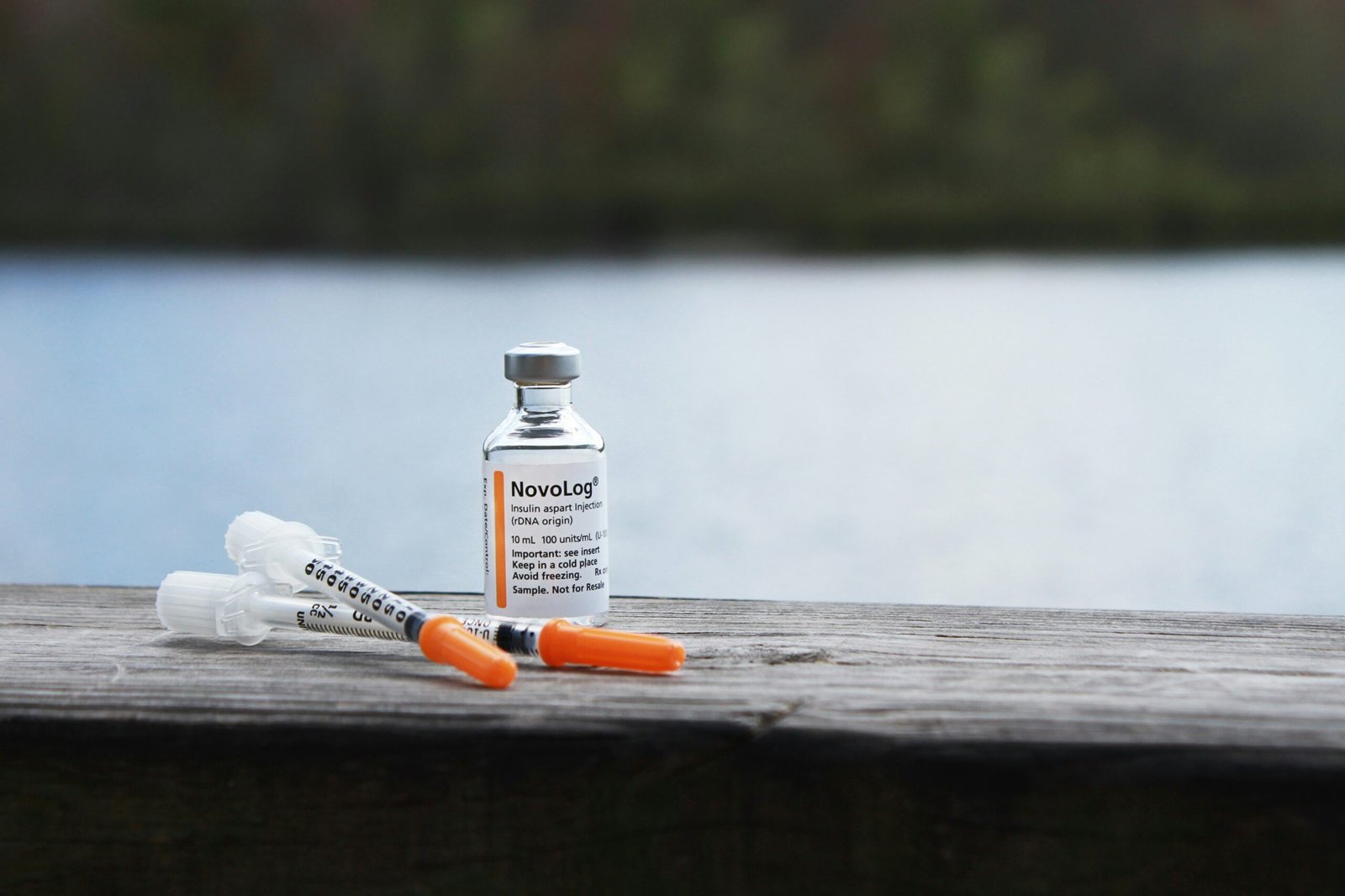
A cold can hit at the most inconvenient times, leaving you feeling miserable with symptoms like a runny nose, sore throat, congestion, and fatigue. While there is no “cure” for the common cold, there are several effective ways to alleviate symptoms and speed up recovery. In this article, we will discuss how to get rid of a cold fast with proven remedies and lifestyle changes, as well as tips for preventing future infections.
Understanding the Common Cold
Before diving into how to get rid of a cold fast, it’s helpful to understand what the common cold is. The cold is caused by a viral infection, most often by rhinoviruses, that affects the upper respiratory tract, including the nose and throat. Symptoms usually develop within one to three days after exposure to the virus and can last anywhere from a few days to up to two weeks.
Common symptoms of a cold include:
- Runny or stuffy nose
- Sneezing
- Sore throat
- Coughing
- Mild body aches
- Fatigue
- Watery eyes
1. Rest Is Key to Recovery
One of the most important things you can do to get rid of a cold fast is to rest. When you’re sick, your body is working hard to fight off the infection, and it needs time to recuperate. Sleeping helps boost your immune system, making it more effective in combating the virus. Try to get as much sleep as possible, and avoid overexerting yourself.
2. Hydrate, Hydrate, Hydrate
Staying hydrated is crucial when you’re dealing with a cold. Fluids help thin mucus, making it easier to expel, and they also prevent dehydration, which can occur with fever or a sore throat. Drinking plenty of water, herbal teas, and clear broths can help soothe your throat and keep your body hydrated. Avoid caffeine and alcohol, as they can contribute to dehydration.
Some fluids that can help alleviate cold symptoms include:
- Warm water with honey and lemon: Honey has natural antibacterial properties and can soothe a sore throat, while lemon provides a dose of vitamin C.
- Herbal teas: Chamomile, ginger, and peppermint teas can provide relief for congestion and sore throats.
- Broth-based soups: Chicken soup is often recommended due to its anti-inflammatory properties and the soothing warmth it provides.
3. Use a Humidifier or Steam Inhalation
Dry air can worsen cold symptoms, especially congestion and a sore throat. A humidifier can add moisture to the air, helping to relieve congestion and making it easier to breathe. You can also inhale steam to clear nasal passages. Simply take a hot shower or place your face over a bowl of hot water and breathe in the steam. Adding essential oils like eucalyptus or peppermint can enhance the steam’s effects.
4. Over-the-Counter Remedies
Over-the-counter (OTC) medications can help ease cold symptoms, allowing you to feel more comfortable while your body fights off the virus. Some common OTC remedies include:
- Decongestants: These medications help reduce nasal congestion, making it easier to breathe. They work by narrowing the blood vessels in the nasal passages, which reduces swelling and congestion. Be sure to follow the dosage instructions carefully, as overuse can lead to rebound congestion.
- Pain relievers: Medications such as acetaminophen (Tylenol) or ibuprofen (Advil) can help reduce fever, body aches, and sore throat pain. These medications don’t treat the virus itself but can make you feel more comfortable during your illness.
- Antihistamines: These can help reduce symptoms like sneezing, runny nose, and itchy eyes by blocking histamine, a substance your body releases in response to infection.
- Cough syrups: For a persistent cough, you can use a cough suppressant (like dextromethorphan) or expectorant (like guaifenesin) to help manage coughing or clear mucus.
5. Gargle Saltwater
Gargling with warm saltwater can help soothe a sore throat and reduce inflammation. Saltwater works by drawing out excess fluid from inflamed tissues, which can help reduce swelling and provide relief. Mix about half a teaspoon of salt in a glass of warm water and gargle several times a day.
6. Use Nasal Saline Spray
A saline nasal spray can help clear mucus from your nasal passages, making it easier to breathe. This is especially useful for reducing congestion, and since it’s a non-medicated solution, it’s safe to use multiple times a day. You can also try a saline rinse using a neti pot, which is another effective way to clear out the sinuses.
7. Boost Your Immune System
There are several natural remedies that can help boost your immune system and reduce the severity of cold symptoms:
- Vitamin C: While the evidence on vitamin C’s ability to prevent or treat colds is mixed, it’s thought to play a role in supporting the immune system. Eating foods high in vitamin C, such as citrus fruits, bell peppers, and broccoli, may help reduce the duration and severity of symptoms.
- Zinc: Zinc has been shown to reduce the duration of colds when taken at the first sign of symptoms. It is available in lozenges, tablets, and even nasal sprays.
- Echinacea: Some studies suggest that echinacea may reduce the duration of a cold, although results are mixed. It can be consumed as a tea, in capsules, or as a tincture.
- Probiotics: Probiotics support gut health and can help regulate immune function, which may help prevent or reduce the severity of colds.
8. Avoid Spreading the Cold
In addition to taking care of yourself, it’s important to consider others. To avoid spreading the cold to friends, family, or coworkers:
- Wash your hands regularly: The cold virus is spread through direct contact with respiratory droplets, so washing your hands frequently is one of the best ways to prevent transmission.
- Stay home: If possible, take a day off work or school to rest and avoid infecting others.
- Cover your mouth and nose: When you cough or sneeze, cover your mouth with a tissue or your elbow to reduce the spread of droplets.
9. Consider Herbal Remedies
Several herbal remedies are thought to have cold-fighting properties:
- Ginger: Known for its anti-inflammatory properties, ginger can help reduce throat irritation and alleviate nausea. You can consume it in tea or chew on raw ginger for relief.
- Garlic: Garlic has antiviral properties that may help fight off colds. You can add fresh garlic to soups or salads, or take it in supplement form.
- Eucalyptus: Eucalyptus oil is commonly used to relieve congestion. It can be inhaled through steam or applied topically in a diluted form.
10. Preventing Future Colds
The best way to get rid of a cold fast is to prevent it from happening in the first place. Here are some strategies to reduce your risk of getting sick:
- Wash your hands regularly: This is one of the most effective ways to avoid catching a cold.
- Stay away from sick individuals: If possible, avoid close contact with people who are already sick.
- Boost your immune system: A healthy diet, regular exercise, and sufficient sleep all help keep your immune system strong.
- Avoid touching your face: The cold virus can enter your body through your eyes, nose, and mouth, so avoid touching these areas with unwashed hands.
Final Thoughts
Although there is no magic cure for a cold, there are plenty of strategies that can help alleviate symptoms and speed up recovery. Rest, hydration, and using over-the-counter remedies are some of the most effective ways to recover quickly. Boosting your immune system and using natural remedies like ginger or garlic can also help shorten the duration of the cold. By following these tips and taking care of your body, you can get back to feeling like yourself in no time.




